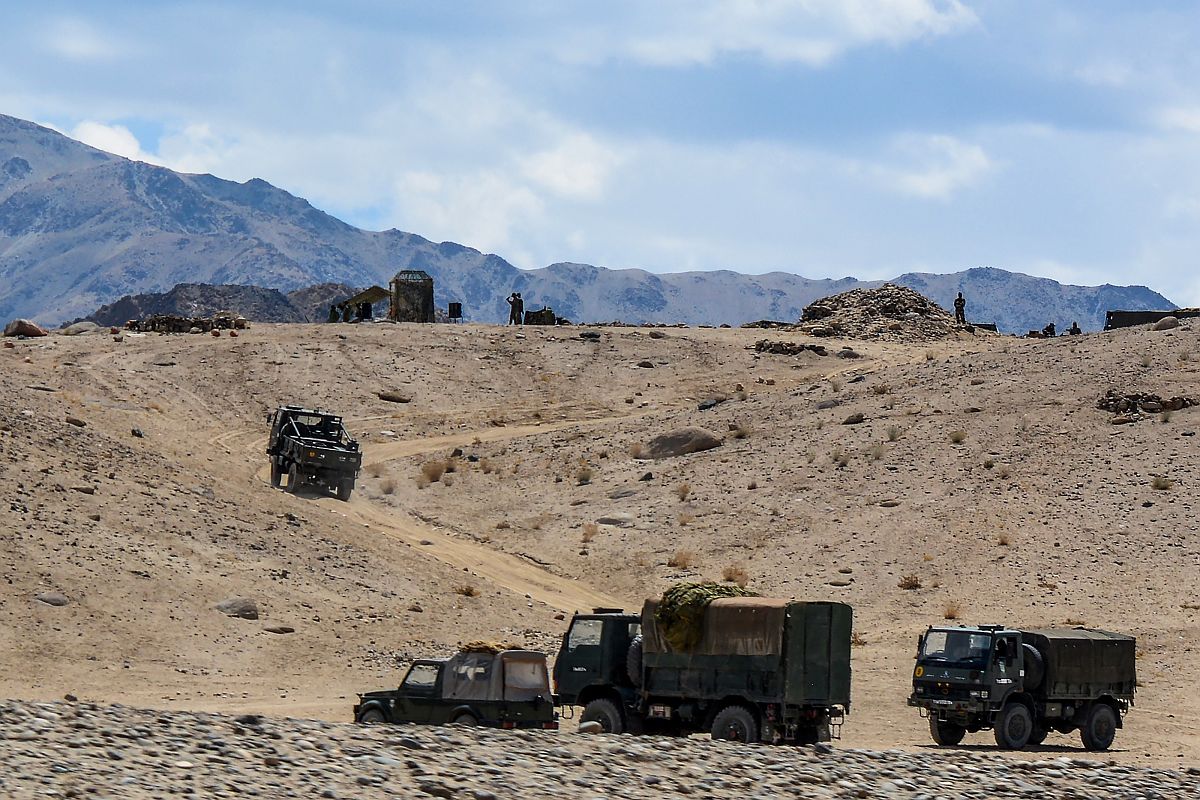In a significant development in their talks to resolve the military stand-off at eastern Ladakh, India and China have agreed to stabilise and control the situation on the ground and push for a mutually acceptable resolution of all issues in a steady and orderly manner so as to jointly maintain peace and tranquility in border areas.
In a joint statement issued today at the end of the 10th round of corps commander level meeting, the two sides ”positively appraised the smooth completion of disengagement of frontline troops in the Pangong Lake area, noting that it was a significant step forward that provided a good basis for resolution of other remaining issues along the LAC in Western Sector.”
Advertisement
The two sides had candid and in-depth exchange of views on other issues along the LAC in the Western Sector. They agreed to follow the important consensus of their state leaders, continue their communication and dialogue and resolve the remaining issues peacefully, said the joint statement issued at the end of the 16-hour meeting held at Moldo on the Chinese side of the Line of Actual Control (LAC).
The Indian side was led by Lt Gen P G K Menon, Commander of 14 Corps based in Leh, on the Indian side and included Naveen Srivastav, Joint Secretary (East Asia) in the External Affairs Ministry. Maj Gen Liu Lin, the commander of the South Xinjiang military district of the People’s Liberation Army (PLA) headed the Chinese side.
The latest round of talks was held two days after the armies of the two countries completed the first phase of disengagement at both the north and south banks of the Pangong Tso Lake.
The agreement for disengagement of troops of the Indian Army and China’s People’s Liberation Army (PLA) from the LAC was reached after sustained negotiations at the military and diplomatic level, said the Ministry of External Affairs (MEA) last week.
At the 10th round of talks, India is understood to have insisted on a faster disengagement process in areas like Hot Springs, Gogra and Depsang to further bring down tension in the border areas. “The focus of the talks is on carrying forward the disengagement process. Both sides met to discuss modalities for it,” sources said.
On 11 February, defence minister Rajnath Singh had announced in Parliament that the two countries have reached an agreement on disengagement in the North and South banks of Pangong lake which mandates both sides to “cease” forward deployment of troops in a “phased, coordinated and verifiable” manner.
Under the agreement, China will pull back its troops to the east of Finger 8 areas in the northern bank of Pangong lake while the Indian personnel will be based at their permanent base at Dhan Singh Thapa Post near Finger 3 in the region. Similar action would take place on the southern bank of the lake as well.
Troops of both countries have retreated to positions that were agreed upon, according to reports.











